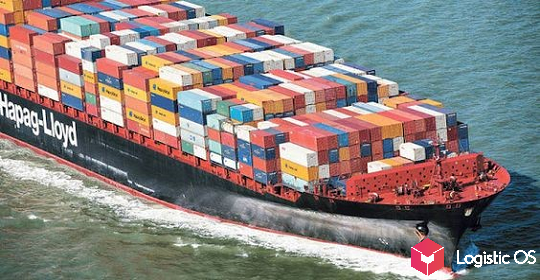According to the US Department of Agriculture, the downpours that took place in China in May could destroy up to 20% of the winter wheat crop.
This year, China planned to set a national record for wheat production, but it looks like it will fail again this time.
And again the weather failed: if last year the farmers had to deal with abnormal heat, this time the country was hit by heavy rains, which literally flooded the fields and destroyed part of the crop.
According to meteorologists, the rains were indeed anomalous, the likes of which China has not seen since the 1970s.
Moreover, they hit the Henan province, China’s main «wheat granary», the hardest. In addition, other regions-producers also suffered to a large extent.
Finally, the moment when the rains fell turned out to be the most inappropriate: the farmers had just started harvesting, no more than 25% was harvested.
As a result, it is highly likely that this year Chinese farmers may harvest 20% less than expected.
According to Ma Wenfeng, senior analyst at Beijing Orient Agribusiness Consultancy, up to 30 million tons of the estimated 137 million tons of the crop could be lost.
10 million — completely, because they rotted or are affected by fusarium, which does not allow the use of such grain even for livestock feed.
Another 20 million is wheat, the quality of which has deteriorated significantly, for example, mold has appeared, or grains have sprouted. It is planned to still use it as a forage.
How will the structure of Chinese imports change?
At the moment, China is the largest producer and at the same time the largest consumer of wheat.
According to the USDA, this agricultural year it was planned that production would be 140 million tons, consumption — at the level of 149 million tons.
Naturally, now imports should grow up, because their own grain will be less than expected.
At the same time, if damaged grain is sent to feed livestock, it can simply force out imported grain from this segment, however, purchases of high-quality grain will have to grow at the same time.
Is the problem with rain not over yet?
Now Chinese farmers are doing their best to overcome the consequences: they divert water from the fields and install grain dryers in order to preserve the maximum share of the crop.
But meteorologists warn that June could also turn out to be rainy, and this could ultimately increase the share of Chinese wheat imports even more.
For Russia, this may be positive news: its record harvest last year is still not completely sold out.

